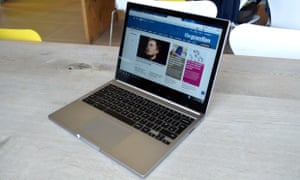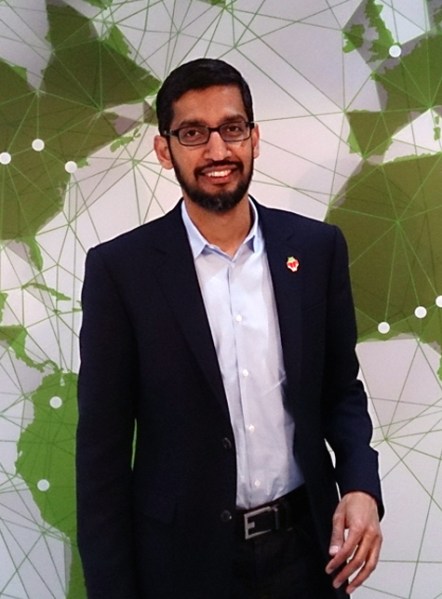The Pixel C Tablet Is Google's Answer to the iPad Pro | WIRED
An Technology blog focusing on portable devices. I have a news Blog @ News . I have a Culture, Politic and Religion Blog @ Opinionand my domain is @ Armwood.Com. I have a Jazz Blog @ Jazz. I have a Human Rights Blog @ Law.
Friday, October 30, 2015
The Pixel C Tablet Is Google's Answer to the iPad Pro | WIRED
The Pixel C Tablet Is Google's Answer to the iPad Pro | WIRED
Google denies that it will fold Chrome OS into Android | Technology | The Guardian

The company has made moves to make the two operating systems more integrated, providing more desktop Chrome features for the Android version of Google’s Chrome browser, while adding features such as Google Now and support for a select number of Android apps on Chrome OS.
Google denies that it will fold Chrome OS into Android | Technology | The Guardian
Google’s Lack Of Product Isolation Would Support A Chrome OS And Android Merge | TechCrunch
 What Chrome OS lacks is native apps, and that’s what gets developers excited and consumer’s minds swirling about possibilities. In fact, Chrome OS is quite boring. So boring that schools love them. Big companies are taking a look at them. Because of Google Apps. Chrome OS always felt like it could be a “mode” that you should be able to turn on within Android. For when you had a shitty Internet connection or just wanted the bare bones to get work done. Regardless, the ecosystem is alive and well.
What Chrome OS lacks is native apps, and that’s what gets developers excited and consumer’s minds swirling about possibilities. In fact, Chrome OS is quite boring. So boring that schools love them. Big companies are taking a look at them. Because of Google Apps. Chrome OS always felt like it could be a “mode” that you should be able to turn on within Android. For when you had a shitty Internet connection or just wanted the bare bones to get work done. Regardless, the ecosystem is alive and well.Toward the end of our conversation, I asked Lockheimer how much time he spent thinking about Android’s and Chrome OS’s future past the next release or two, and what they might look like a few years from now. I thought I was giving him an opportunity to wax eloquent on pie-in-the-sky stuff. Instead, he stayed practical, and said that developing operating systems can’t be done in isolation from the components they use and the devices they’ll run on. Running engineering for these two operating systems requires him to think about everything from chips to merchandising.
Google’s Lack Of Product Isolation Would Support A Chrome OS And Android Merge | TechCrunch
Guy in Charge of Chrome Says Google Isn't Killing Chrome OS After All
Guy in Charge of Chrome Says Google Isn't Killing Chrome OS After All
Alphabet’s Google to Fold Chrome Operating System Into Android - WSJ
 ENLARGE
ENLARGEAlphabet’s Google to Fold Chrome Operating System Into Android - WSJ
Google's mobile quest may lead to Android, Chrome merger - CNET
Google's mobile quest may lead to Android, Chrome merger - CNET
Thursday, October 29, 2015
Nexus 6P: Google phone that deserves a wider audience - FT.com
Nexus 6P: Google phone that deserves a wider audience - FT.com
"High quality global journalism requires investment. Please share this article with others using the link below, do not cut & paste the article. See our Ts&Cs and Copyright Policy for more detail. Email ftsales.support@ft.com to buy additional rights.http://www.ft.com/cms/s/0/fa17bfb8-7825-11e5-933d-efcdc3c11c89.html#ixzz3pzXiFWJt
If you want a smartphone with all the fit and finish of an iPhone, including well-designed software and a slim casing, but you prefer to live entirely in Google’s world, the Nexus 6P is worth a look. Android need no longer come with trade-offs."
Tuesday, October 27, 2015
Monday, October 26, 2015
The Dark Web isn't as revolutionary as you'd think
The Dark Web isn't as revolutionary as you'd think